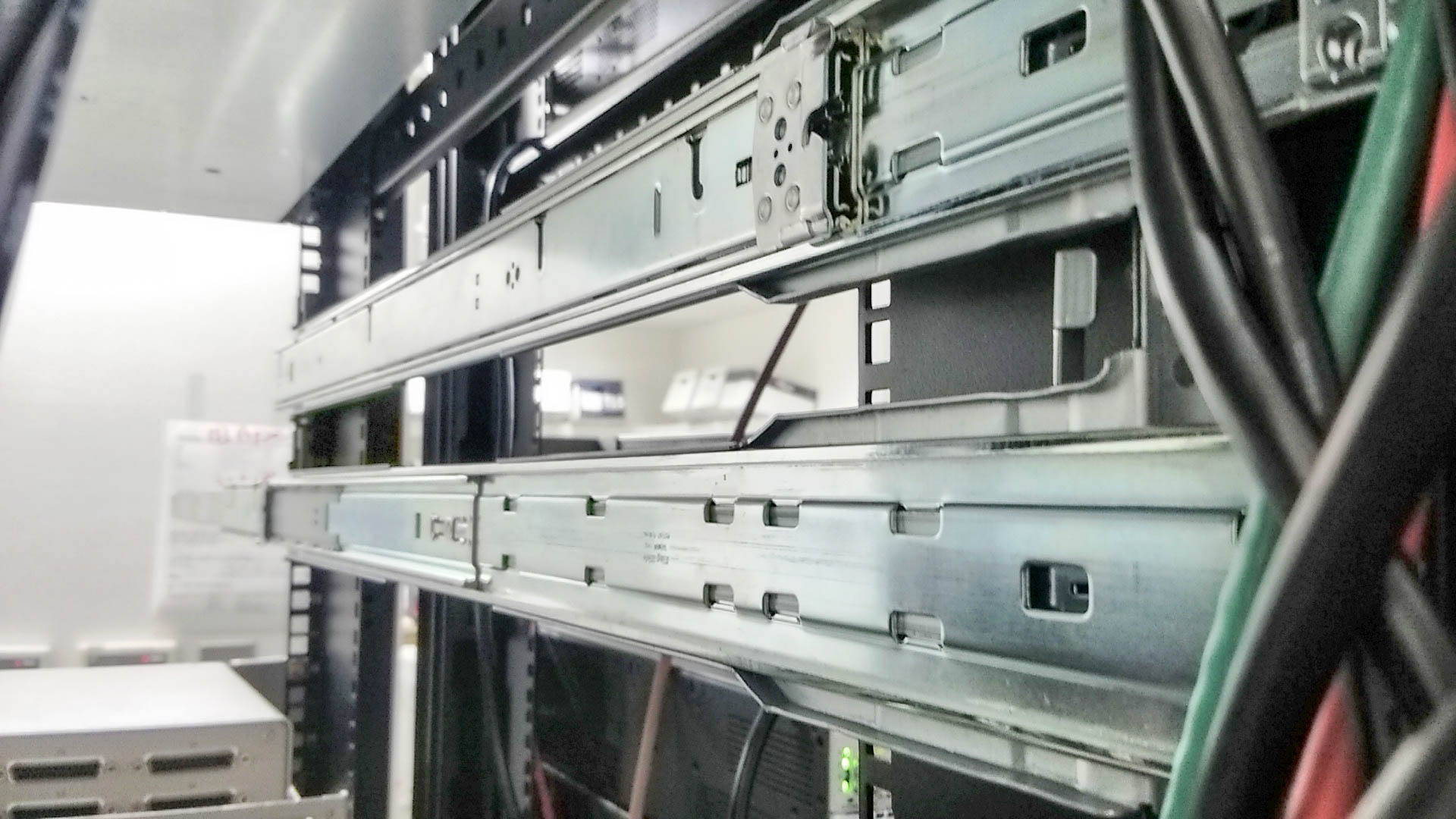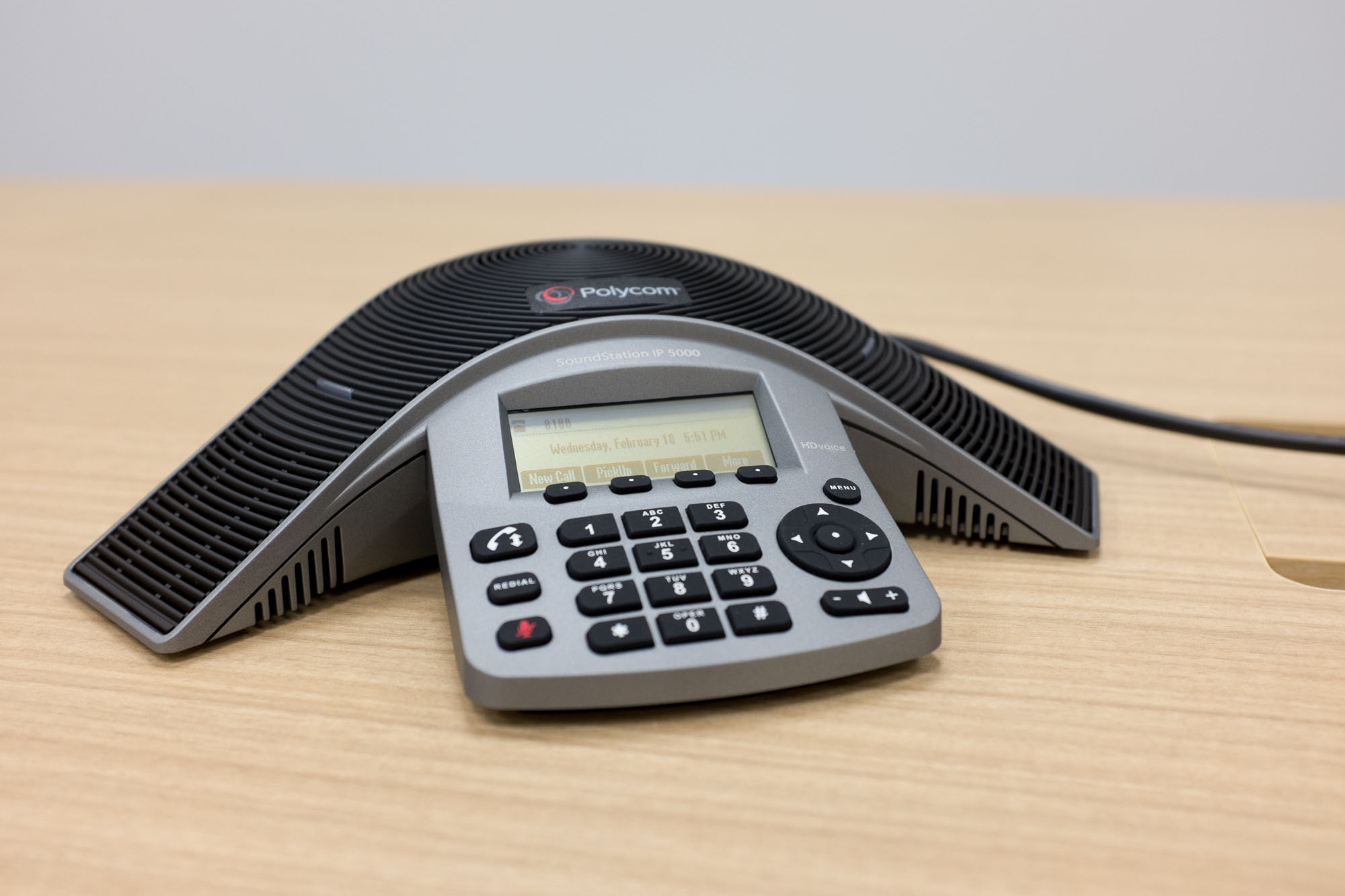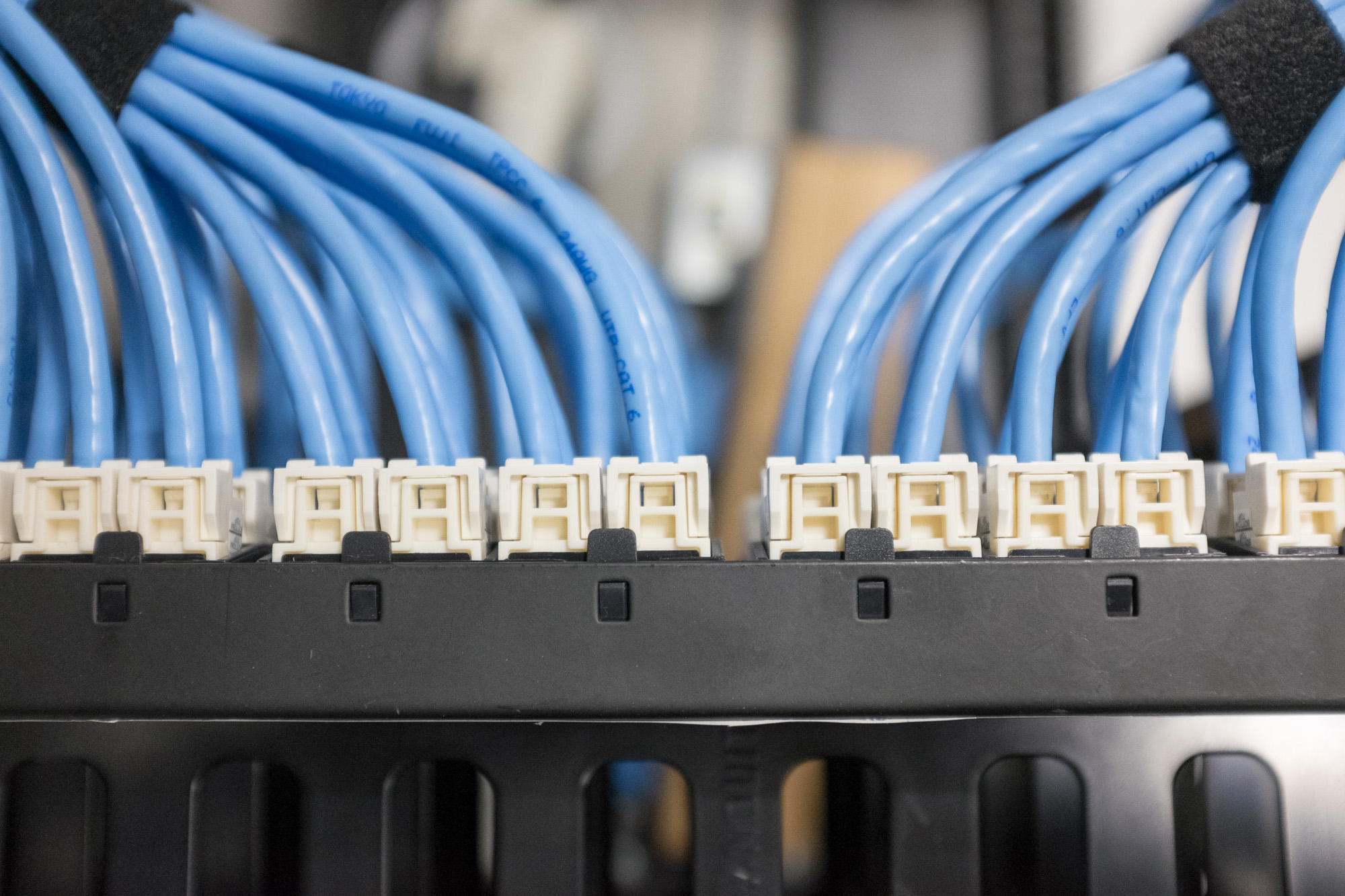Data Center and Cloud Infrastructure
Enterprise-grade facilities and cloud integration for Japanese operations



Understanding Japan’s Unique Data Center and Cloud Environment
Japan’s data center and cloud infrastructure landscape operates under distinct regulatory, geographical, and business requirements that often surprise international companies. Unlike Western markets with straightforward cloud adoption patterns, Japan’s approach involves complex considerations around data sovereignty, earthquake resilience, and carrier relationships that significantly impact infrastructure decisions.
Japan’s Modern Data Protection Framework
Japan’s Evolved Approach to Data Sovereignty:
Japan’s data protection landscape has evolved significantly, particularly since achieving EU GDPR adequacy status in 2019 (reconfirmed in 2024). Unlike strict data residency jurisdictions, Japan’s Act on Protection of Personal Information (APPI) allows flexible data processing locations while maintaining strong protection standards.
Current Regulatory Reality:
- EU-Japan Adequacy Decision: Mutual recognition allows free data flow between Japan and EU based on equivalent protection standards (established 2019, reconfirmed 2024)
- US-Japan No Adequacy: Data transfers to US require Standard Contractual Clauses (SCCs), Binding Corporate Rules (BCRs), or explicit consent
- No Mandatory Data Residency: APPI doesn’t require personal data to be stored within Japan
- Sector-Specific Requirements: Banking (FSA), healthcare, and government contracts may still have specific domestic processing preferences
- Tiered Cross-Border Framework: Free flow with adequate countries (EU/UK), safeguards required for others (US, most of Asia)
Modern Infrastructure Implications:
- EU Operations: Global cloud strategies fully viable with simple APPI compliance
- US Operations: Hybrid approaches often preferred to manage SCCs/BCRs compliance overhead
- Multi-Region Strategy: Cloud vendor selection considers both technical capabilities and adequacy status
- Cost Optimization: Balance between global pricing and compliance management overhead varies by destination country
Earthquake and Disaster Resilience Requirements
Japan’s Unique Geological Challenges:
Japan’s seismic activity creates infrastructure requirements that don’t exist in most other countries. Data centers must meet Building Standard Law earthquake resistance requirements while maintaining 24/7 operations during natural disasters.
Mandatory Infrastructure Standards:
- Seismic Isolation Systems: Required for Tier III+ data centers, unlike typical international standards
- Tsunami Risk Assessment: Coastal facilities require elevation and evacuation planning
- Power Grid Redundancy: Multiple utility feeds required due to regional grid vulnerabilities
- Fuel Storage Regulations: Extended generator runtime capabilities for disaster scenarios
Business Continuity Implications:
- Disaster recovery testing must include earthquake simulation scenarios
- Power contracts require understanding of Japan’s regional electricity grid structure
- Insurance requirements differ significantly from international data center coverage
- Staff evacuation procedures integrated into facility design requirements
Carrier and Connectivity Complexity
Understanding Japan’s Telecommunications Infrastructure:
Japan’s carrier ecosystem creates connectivity challenges that international companies find difficult to navigate. The NTT infrastructure dominance, combined with regional carrier territories, requires specialized knowledge for optimal data center connectivity.
Key Connectivity Considerations:
- NTT East/West Territory Division: Different carriers for Tokyo vs. Osaka regions
- Dark Fiber Availability: Limited compared to Western markets, requiring early planning
- Cross-Connect Fees: Higher costs than international standards due to carrier monopolies
- International Gateway Access: Limited providers for Asia-Pacific connectivity
Cloud Provider Landscape in Japan
Local vs. International Cloud Options:
Japan’s cloud market combines international giants (AWS, Azure, Google Cloud) with strong domestic players (NTT Communications, Fujitsu, NEC) that offer unique advantages for local compliance and integration.
Domestic Cloud Advantages:
- Regulatory Expertise: Built-in PIPA and financial regulation compliance
- Local Language Support: Native Japanese support for complex compliance issues
- Carrier Integration: Direct relationships with NTT and regional telecommunications
- Government Relationships: Established connections for public sector work
International Cloud Considerations:
- Tokyo/Osaka Region Strategy: Must understand regional disaster recovery implications
- Compliance Adaptation: International providers adapting services for Japanese requirements
- Cost Optimization: Understanding regional pricing variations and discount programs
- Hybrid Integration: Connecting international cloud services with local infrastructure
Understanding Japan’s Multi-Tier Data Transfer Framework
EU vs US: Different Rules, Different Strategies:
Japan’s data protection landscape operates on a sophisticated two-tier system that creates different opportunities and requirements depending on your company’s global footprint.
Tier 1 - EU Adequacy Partners (Free Flow):
- Japan ↔ EU/UK: Personal data flows freely without additional safeguards (mutual adequacy since 2019, reconfirmed 2024)
- Strategic Advantage: EU subsidiaries can process Japanese personal data without SCCs, consent requirements, or additional documentation
- Cost Efficiency: No ongoing compliance overhead for EU-Japan data sharing
- Cloud Optimization: Can leverage any EU region for Japanese operations with full data freedom
Tier 2 - Non-Adequate Countries (Safeguards Required):
- Japan → US: Requires Standard Contractual Clauses (SCCs), Binding Corporate Rules (BCRs), or explicit consent
- Ongoing Compliance: Regular review of safeguards, impact assessments, and documentation requirements
- Cost Considerations: Additional legal and compliance overhead for US-Japan data transfers
- Architecture Impact: May drive hybrid solutions to minimize cross-border transfers
eSolia’s Data Center and Cloud Bridge Service
Navigating Two Infrastructure Worlds:
eSolia specializes in helping international companies understand Japan’s unique infrastructure requirements while leveraging global best practices. We help companies optimize their data strategies based on their specific global footprint and adequacy status.
Our Comprehensive Approach:
- Regulatory Translation: Explain Japan’s nuanced data transfer landscape - EU adequacy vs US safeguards - in terms familiar to international compliance teams
- Multi-Region Data Strategy: Design architectures that leverage EU adequacy while managing US SCCs requirements
- Seismic Planning: Integrate earthquake resilience into standard DR/BC planning frameworks
- Carrier Navigation: Optimize connectivity strategies across Japan’s complex telecommunications landscape
- Hybrid Architecture: Design solutions that meet both global efficiency and jurisdiction-specific compliance requirements
- Cost Optimization: Balance EU free-flow efficiency against US compliance overhead in infrastructure planning
Data Center Services
Design and Implementation
Facility Planning and Build-out:
- Seismic-compliant rack and cooling design
- Power distribution and UPS systems
- Fire suppression and environmental controls
- Security systems and access controls
- Network and telecommunications infrastructure
- Compliance with Japanese building codes
Key Infrastructure Components:
- Power Systems: Redundant utility feeds, UPS, and generator systems designed for extended outages
- Cooling Infrastructure: Precision air conditioning with earthquake-resistant mounting
- Security Implementation: Biometric access, surveillance, and intrusion detection
- Network Architecture: Structured cabling, switch infrastructure, and carrier connectivity
- Monitoring Systems: Environmental sensors, power monitoring, and alert systems
- Fire Suppression: Clean agent systems compliant with Japanese fire codes
Colocation and Hosting
Managed Colocation Services:
- Rack space and power allocation
- Network connectivity and bandwidth
- Remote hands support
- Security and access management
- Environmental monitoring
- Continuous support and maintenance
Private Data Center Management:
- Complete facility operations
- Power and cooling optimization
- Security and compliance monitoring
- Capacity planning and expansion
- Vendor coordination and management
- Documentation and reporting
Cloud Infrastructure Services
Cloud Strategy and Architecture
Multi-Cloud Strategy Development:
- Cloud provider evaluation and selection
- Architecture design for hybrid environments
- Compliance and regulatory planning
- Cost optimization strategies
- Security and governance frameworks
- Integration with existing systems
Migration Planning and Execution:
- Current state assessment and inventory
- Migration strategy and timeline development
- Application compatibility analysis
- Data migration planning and execution
- Testing and validation procedures
- Cutover coordination and support
Platform Implementation
Amazon Web Services (AWS):
- Tokyo and Osaka region deployment
- VPC design and network architecture
- Identity and access management setup
- Monitoring and logging implementation
- Cost optimization and reserved instances
- Disaster recovery configuration
Microsoft Azure:
- Japan East/West region strategy
- Azure Active Directory integration
- Virtual network and connectivity setup
- Security and compliance configuration
- Backup and disaster recovery
- Hybrid cloud integration
Google Cloud Platform:
- Tokyo and Osaka region deployment
- Network and security architecture
- Identity and access management
- Monitoring and operations setup
- Cost management and optimization
- Kubernetes and container services
Hybrid Cloud Integration
On-Premises to Cloud Connectivity:
- VPN and direct connect solutions
- Network architecture and routing
- Security and access controls
- Bandwidth optimization
- Failover and redundancy planning
- Performance monitoring and optimization
Data Synchronization and Backup:
- Automated backup strategies
- Data replication and synchronization
- Disaster recovery testing
- Archive and retention policies
- Compliance and audit trails
- Recovery time optimization
Security and Compliance
Data Protection and Privacy
Japanese Compliance Framework:
- Personal Information Protection Act (PIPA) compliance
- Cross-border data transfer management
- Data classification and handling
- Access controls and audit trails
- Incident response procedures
- Regular compliance assessments
International Standards Integration:
- ISO 27001 implementation
- SOC 2 compliance preparation
- GDPR compliance for European operations
- Industry-specific requirements (financial, healthcare)
- Third-party audit coordination
- Continuous monitoring and improvement
Disaster Recovery and Business Continuity
Earthquake-Resilient DR Planning:
- Multi-region backup strategies
- Automated failover procedures
- Recovery time and point objectives
- Communication and coordination plans
- Regular testing and validation
- Documentation and training
Business Continuity Services:
- Risk assessment and impact analysis
- Continuity planning and procedures
- Alternative site coordination
- Staff and stakeholder communication
- Regular drills and testing
- Plan maintenance and updates
Monitoring and Management
Continuous Operations
Comprehensive Monitoring:
- Infrastructure health monitoring
- Performance metrics and alerting
- Capacity utilization tracking
- Security event monitoring
- Environmental condition monitoring
- Automated response procedures
Support Services:
- Helpdesk and technical support
- Remote hands and on-site support
- Incident response and resolution
- Change management coordination
- Maintenance scheduling and execution
- Documentation and reporting
Performance Optimization
Capacity Planning:
- Resource utilization analysis
- Growth planning and forecasting
- Performance bottleneck identification
- Optimization recommendations
- Scalability planning
- Cost-benefit analysis
Continuous Improvement:
- Regular performance reviews
- Technology refresh planning
- Process optimization
- Vendor relationship management
- Best practices implementation
- Knowledge transfer and training
Key Differentiators
Local Expertise with Global Standards
Japan-Specific Knowledge:
- Deep understanding of Japanese regulations and compliance requirements
- Established relationships with local carriers, data center providers, and vendors
- Experience with Japanese business practices and decision-making processes
- Knowledge of local disaster preparedness and resilience requirements
International Best Practices:
- Global cloud architecture and implementation experience
- International compliance framework knowledge
- Multi-national project coordination capabilities
- Integration with global corporate standards and procedures
Bilingual Technical Excellence
Communication Bridge:
- Native-level Japanese and English technical communication
- Translation of complex technical concepts across cultures
- Coordination between local teams and global headquarters
- Documentation in both languages for local and international stakeholders
Cultural Integration:
- Understanding of Japanese consensus-building processes
- Adaptation of international methodologies to local practices
- Long-term relationship building with local partners
- Integration of global and local team coordination
Getting Started
Transform your infrastructure with modern data center and cloud solutions designed for Japan’s unique environment. Whether you need a private data center build-out, cloud migration, or hybrid infrastructure integration, eSolia has the expertise to deliver solutions that meet both local requirements and global standards.
Contact us today to discuss your data center and cloud infrastructure needs and discover how we can help optimize your operations while ensuring compliance with Japanese regulations and international best practices.